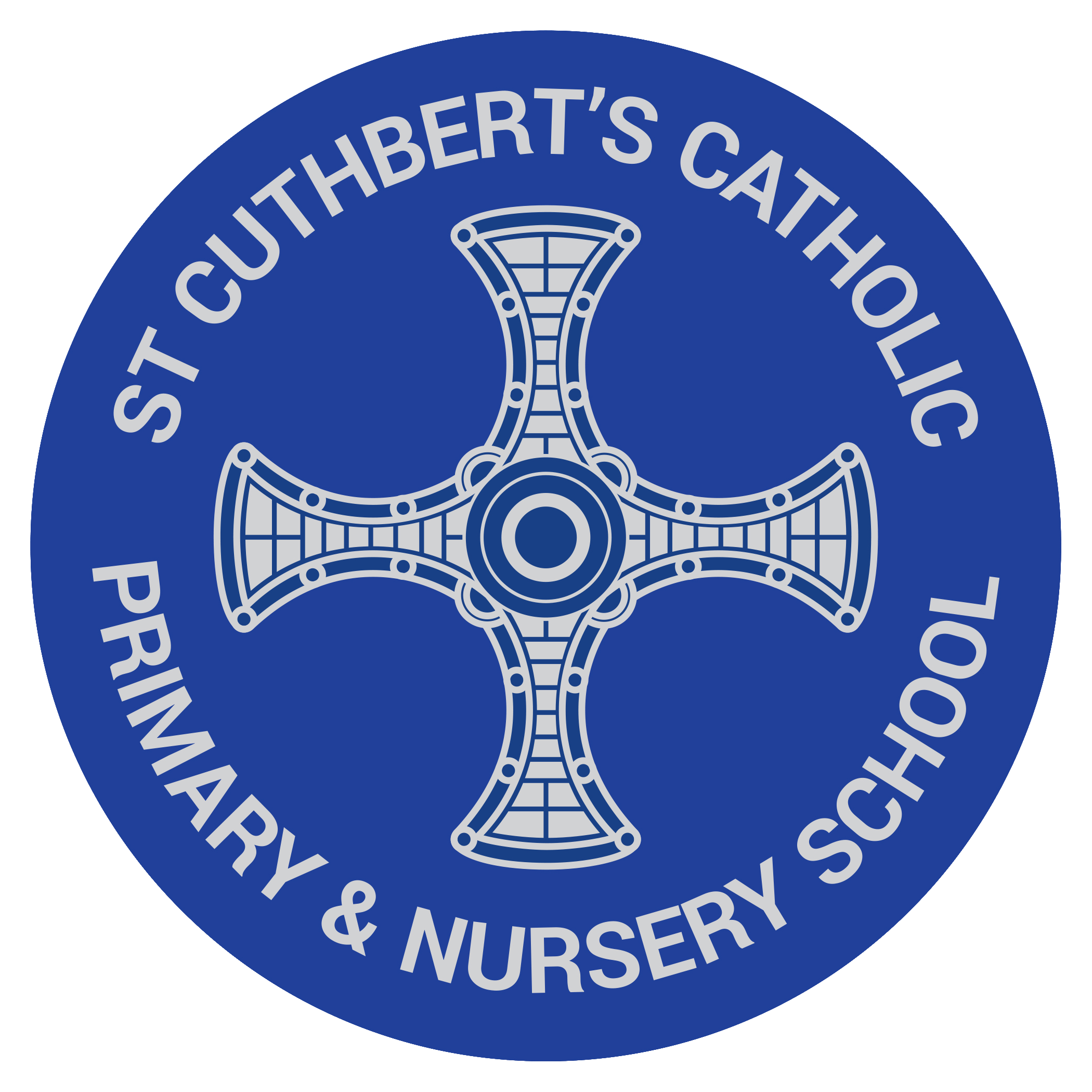Intent
At the Federation of St Cuthbert’s and St Sebastian’s, we intend to inspire in pupils a curiosity and fascination about the world and its people that will remain with them for the rest of their lives. We equip children with geographical skills to develop their knowledge through studying places, people and natural and human environments. This seeks to deepen the understanding of the Earth’s human and physical forms and processes. We also intend children to develop geographical skills: collecting and analysing data; using maps, globes, aerial photographs and digital mapping to name and identify countries, continents and oceans; and communicating information in a variety of ways.
The curriculum is designed to develop knowledge and skills that are progressive, as well as transferable allowing the children to build upon their growing knowledge of the world to help them to deepen their understanding of the interaction between physical and human processes. Through our teaching, we intend to provoke thought, questions and to encourage children to discover answers to their own questions through exploration and research to enable them to gain a greater understanding and knowledge of the world and their place in it.
Implementation
Within the Federation geography is taught on a half termly basis allowing the children to achieve a greater depth in their learning. Progression is planned out throughout the whole school ensuring all skills and knowledge is covered and progression is built in to all planning.
EYFS is the start of the children’s journey as a geographer were they learn about similarities and differences in relation to places, objects, materials and living things. They talk about the features of their own immediate environment and how environments might vary from one another. The progression continues through each year group allowing prior knowledge and skills to be built upon and developed. Key knowledge and skills for each topic are identified in planning to ensure progression across topics throughout each year group across the school.
The local area is fully utilised to achieve the desired outcomes, with extensive opportunities for learning outside the classroom embedded in practice. This allows the children to give them a sense of place in their own locality in KS1 which is then developed into a more global sense throughout KS2. For example, using the local area to follow and create maps in Key Stage 1, to comparing the similarities and differences in environments and communities in Lower Key Stage 2, through to debating world issues on pollution in Upper Key Stage 2.
Impact
We believe our children will:
- have thoroughly enjoyed learning about geography, therefore encouraging them to undertake new life experiences now and in the future.
- be able to confidently use maps to locate and describe features of a location and answer questions such as:
- Where is this place?
- What is it like? (And why?)
- How and why is it changing?
- How does this place compare with other places?
- How and why are places connected?
- have developed the geographical knowledge, skills and vocabulary to help them explore, navigate and understand the world around them and their place in it
- develop excellent fieldwork skills as well as other geographical aptitudes and techniques
- have the ability to express well balanced opinions, rooted in very good knowledge and understanding about current issues in society and the environment
- develop progressively as they move through the school, not only to enable them to meet the requirements of the National Curriculum but to prepare them to become competent geographers in secondary education and for life as an adult in the wider world.

